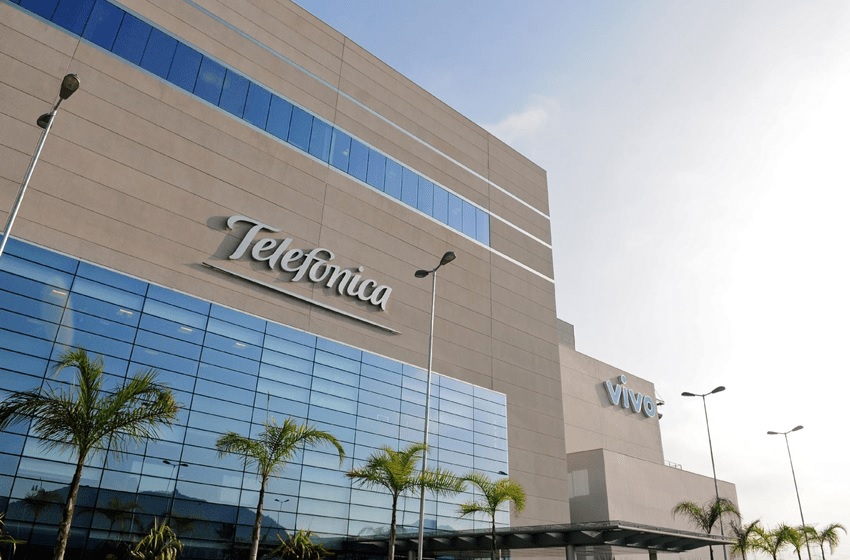RIO DE JANEIRO, BRAZIL – Brazil’s competition regulator (Cade) is investigating eight multinationals, including Telefónica, for anti-competitive practices and the formation of a cartel for the distribution of soccer broadcasting rights in the country.
The agency includes almost 40 executives and former executives of the companies, including six with the Spanish telecommunications operator during the period analyzed. It understands that there are indications that agreements were signed to fix prices or to arrange bids for the retransmission of the events on local television stations.
According to the first document that kicks off the investigation, the facts took place at least from 2008 to 2017. In total, eight companies present some degree of participation in these agreements. In addition to Telefónica, other firms such as the Japanese PR firm Dentsu, the Swiss Infront, the British MP & Silva, and the American IMG. They have acquired and distributed international broadcasting rights for sporting events, mainly soccer. Among the buyers were media groups such as Sky or the Brazilian Globo.

Specifically, Cade understands that there are “strong indications” of the practice of illegal conducts consisting in the coordination of prices and offers, the division of the market, through abstentions of bidders and joint bidding agreements, or the exchange of sensitive information from the point of view of competition. It does not refer to any specific case or any particular competition, but soccer is one of the most followed sports and has the most expensive and prominent rights.
The practices had effects in the Brazilian territory, considering that they were mainly related to the competition for international retransmission rights, even though they were resold or sublicensed to television companies in the country. “Sports federations, certain clubs were directly affected by the conduct of the companies that have bid for the rights,” Cade assures.
According to Cade, the promoters of the events did not receive sufficient funds due to the coordination of the investigated companies, “which implied a lower quality or quantity of events produced abroad and broadcasted in the country”.
A week ago, the agency notified all parties involved, including Telefónica, of this investigation. All of them have the option to present their official replies. The Superintendency will be the one to carry out all the investigations before reaching a conclusion to be submitted to the Court for a final decision. According to the legal deadlines in Brazil, it will have up to three months to complete the inquiries, although this can be practically doubled if necessary.
The country’s regulator insists that companies involved in the conduct are subject to fines ranging from 0.1% to 20% of their local sales linked to the activity and other penalties. Individuals pay fines depending on the severity. Executive officers may be assessed penalties ranging from 1% to 20% of their entire company payroll. Telefónica’s executives include some who are no longer in the operator’s discipline and others still with the company.
BRAZIL, A KEY MARKET
Brazil is one of Telefónica’s key markets. The strategic plan launched in 2019 placed it as a priority alongside Germany, the United Kingdom, and Spain. It is the third market by revenue, after Spain and Germany, and with the purchase of the mobile assets in Oi, it will consolidate it even further. In total, during the first nine months of 2021, it had a turnover of US$5.8 billion, a 10% drop, with an Ebitda of US$2.6 billion.
This investigation starts just when the Spanish operator, Carlos Slim (Claro), and the former Telecom Italia (TIM) have obtained the ‘green light’ from Cade to buy Oi.
After a particularly close vote, the regulator authorized this critical transaction for the group presided by José María Álvarez-Pallete, for which it will pay approximately US$1 billion.

